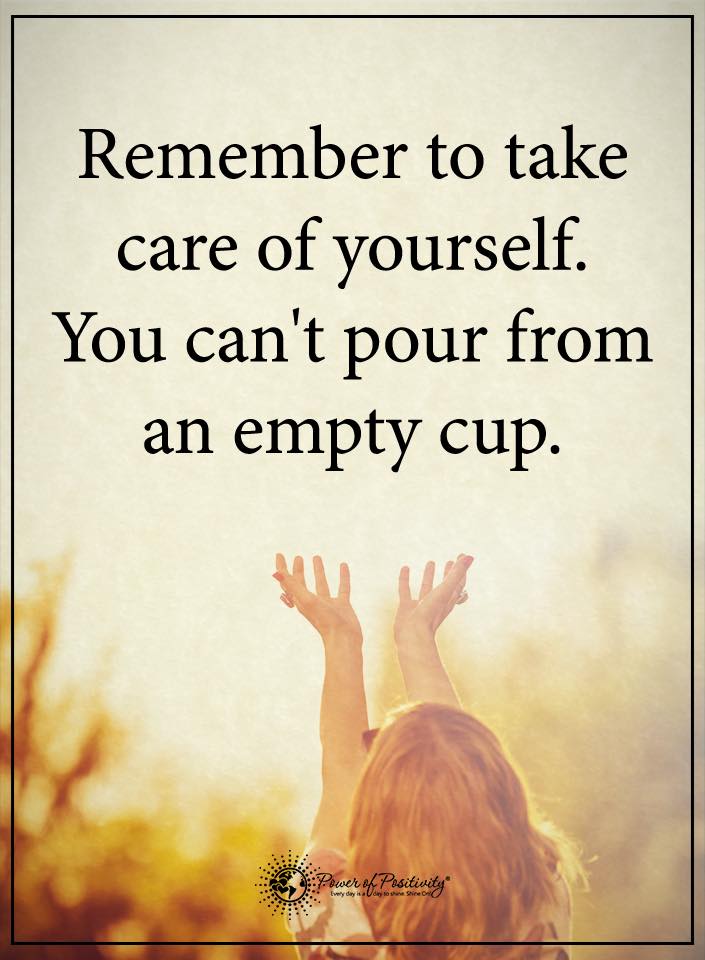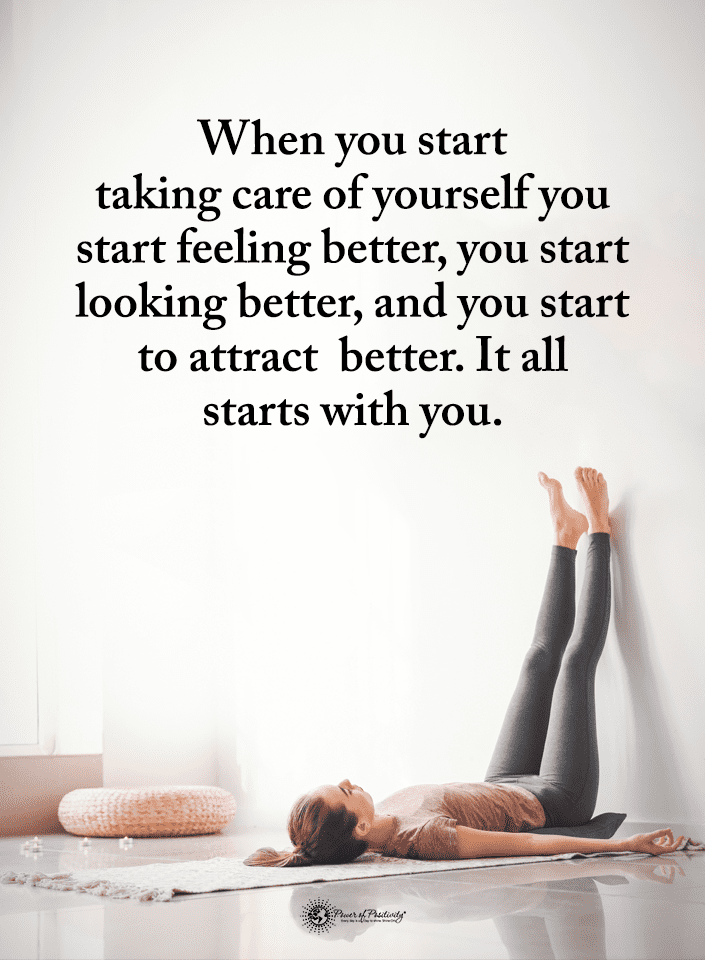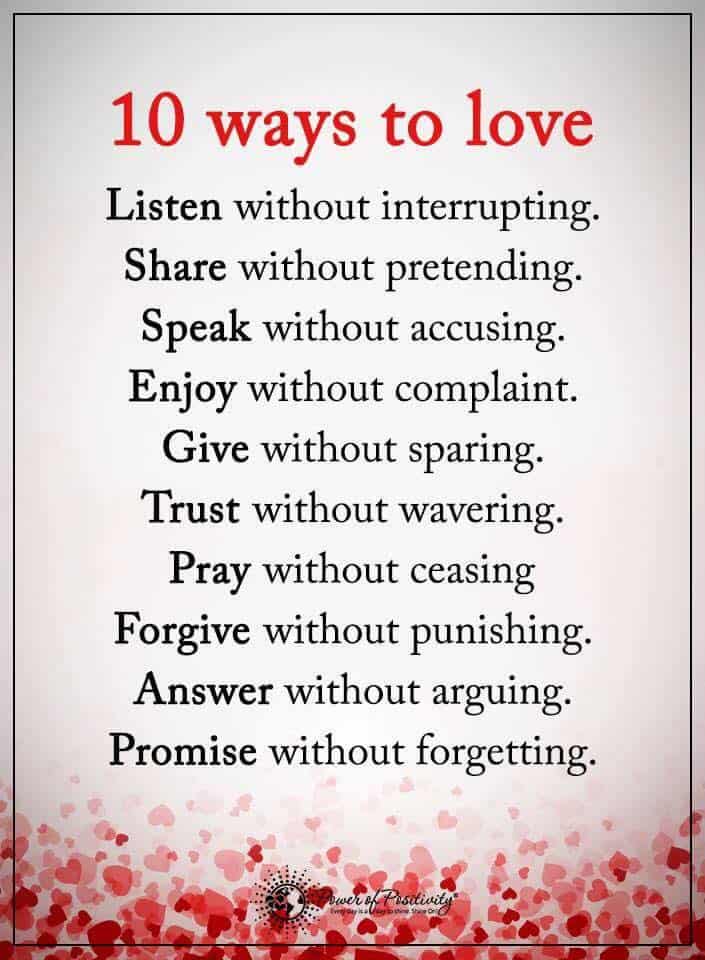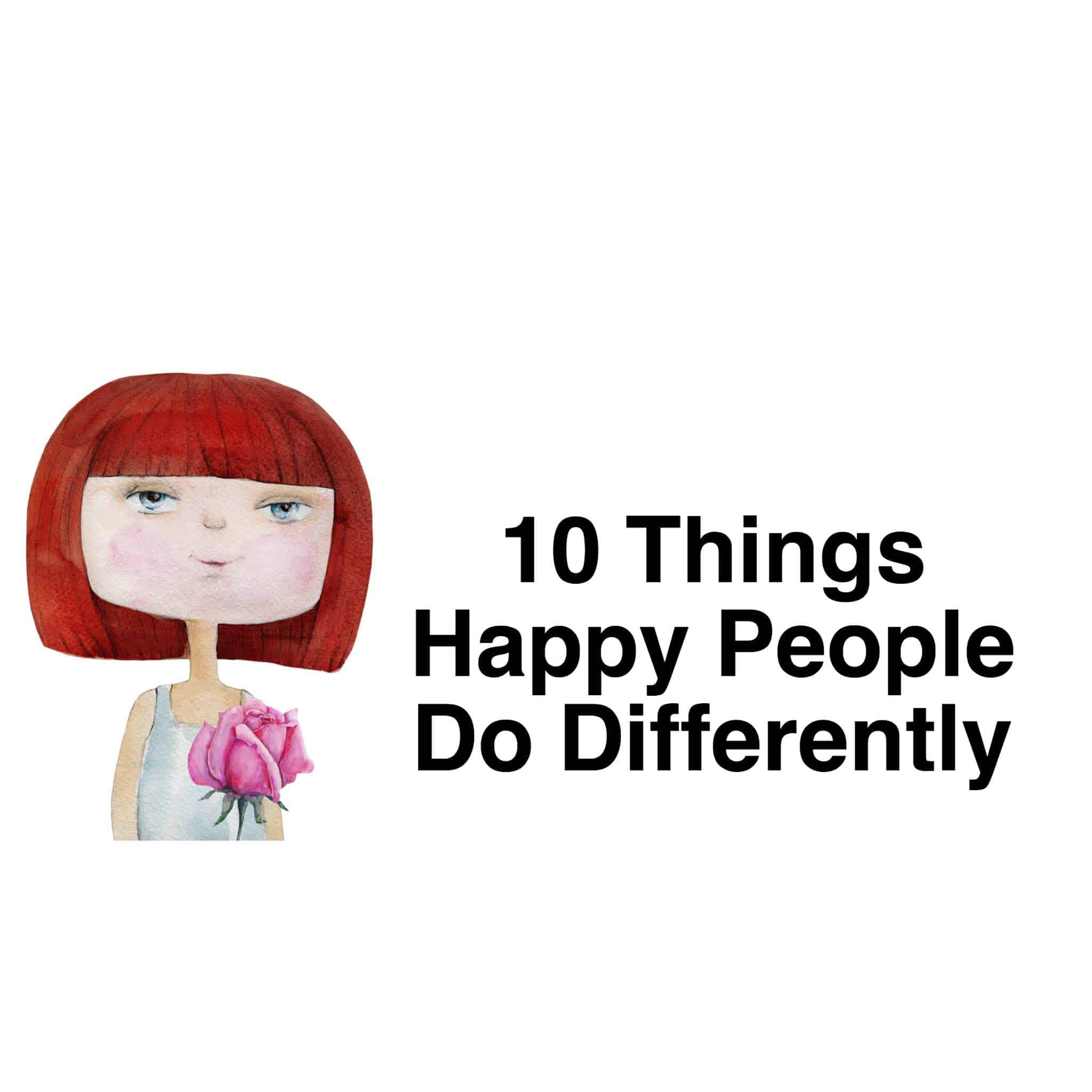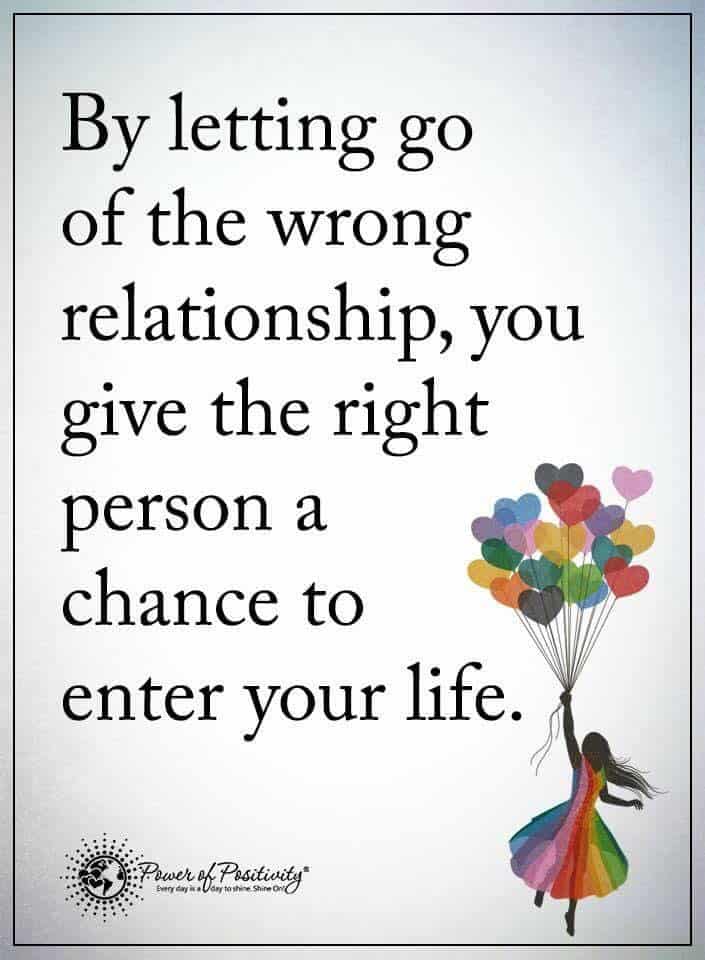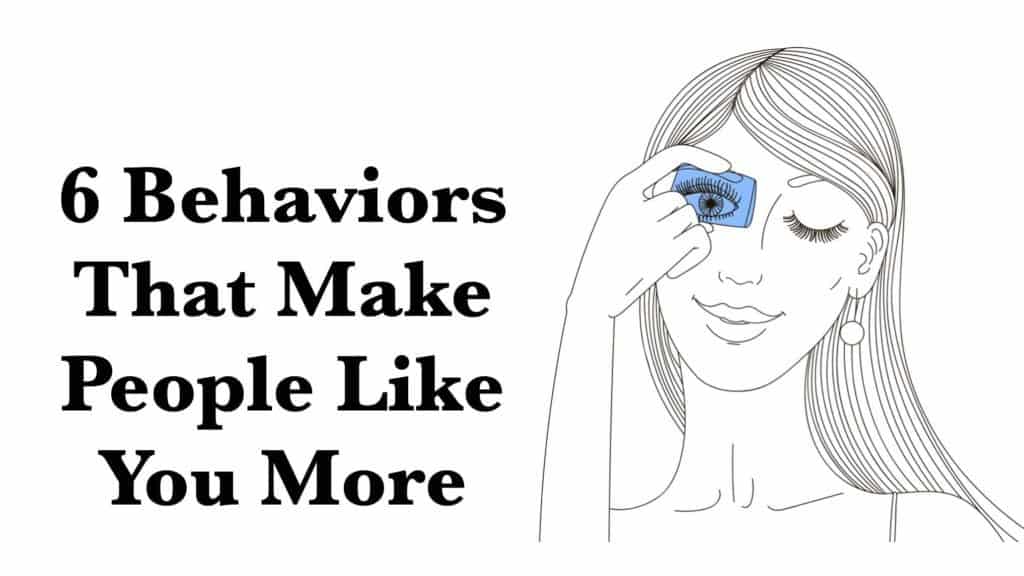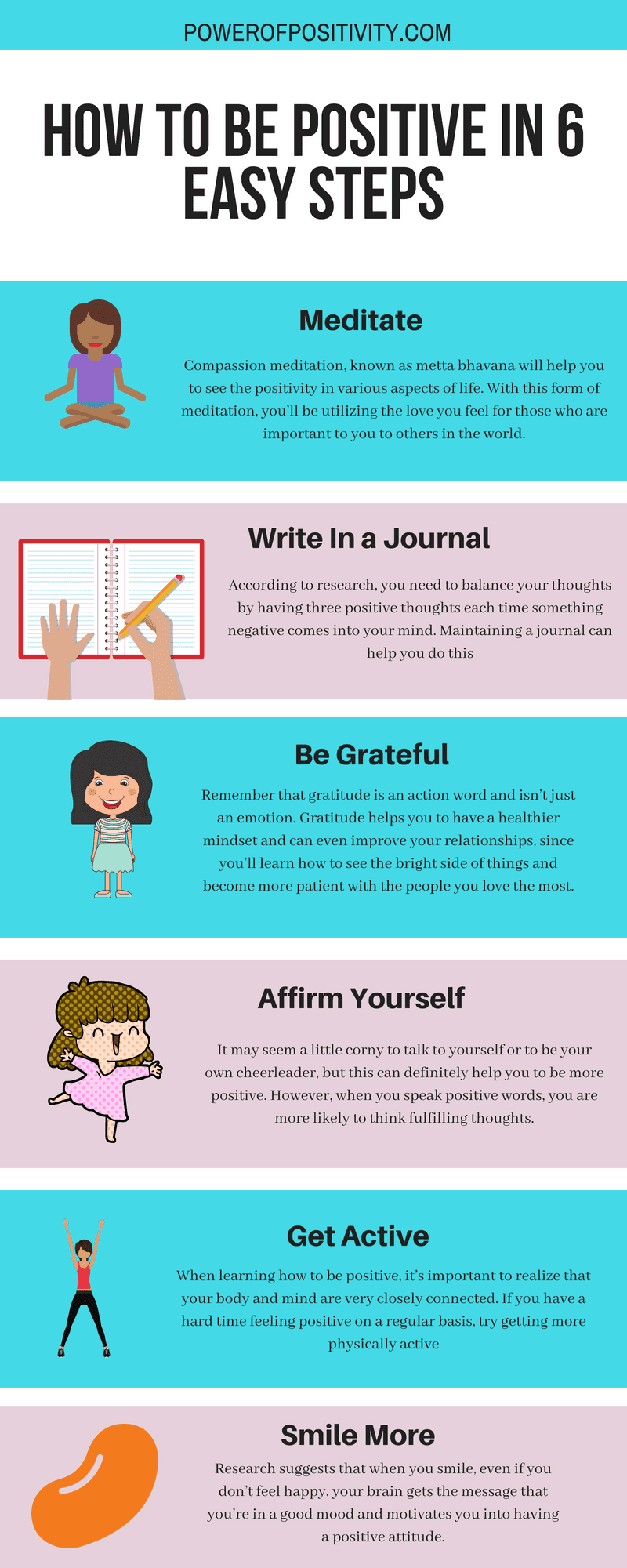The Mayo Clinic describes a nervous breakdown as “a stressful situation in which someone becomes temporarily unable to function normally in day-to-day life. It’s commonly understood to occur when life’s demands become physically and emotionally overwhelming. The term was frequently used in the past to cover a variety of mental disorders, but it’s used less often today.”
The term “nervous breakdown” is not a medical term. It also does not specify a mental illness. A nervous breakdown, however, can indicate mental health problems that need addressing. These can be derived from depression, anxiety, or stress. It may be a huge indicator that you’ve reached a limit on how much you can take and endure in your present state of being “stressed out” or “at the end of your rope.” There is a limit to how much we can endure. Recognizing the signs that can lead to other health issues is essential.
Here are seven warning signs of a nervous breakdown:
1. Lack of concentration.
According to the University of Maryland Medical Center, stress can boost your brainpower by releasing hormones that increase memory storage and help in concentration. Unfortunately, chronic stress affects your attention span, ability to focus on projects, and normal functions. In severe cases, the stress hormone cortisol can actually lessen your memory. It’s essential to recognize your stress levels and make time to do things that can reduce the heaviness. You can exercise, be outside in nature, or even take time to meditate.
2. Irregular heartbeat.
You may feel an irregular heartbeat when you have a nervous breakdown. You feel your heart pounding against your chest, and it becomes hard to breathe. Oftentimes, you may even begin to sweat. A panic attack has similar symptoms. When you get this checked by a doctor, the symptoms will show that everything is fine. Good deep breaths with long inhales and exhales, as well as stretching, can help with opening up the chest area. Anxiety and stress can mimic the symptoms of heart problems.
3. Upset stomach.
Stomachaches are often physical signs of anxiety and stress. If you notice increased stomach pain, constipation, gas, bloating, or diarrhea, you could suffer from irritable bowel syndrome (IBS). IBS is triggered by the immune system’s responses to stress. According to the Anxiety and Depression Association of America, anywhere from 50 to 90 percent of those suffering from IBS have a mental health condition, like generalized anxiety disorder or depression. If you suspect you have IBS, talk to your doctor about physical and emotional relief options.
4. Tension headaches.
Stress can cause tremendous headaches. We tend to hold everything inside, and the body tenses. Our neck and shoulder muscles become rigid, and the next thing that’s affected is our head. Notice your posture. Are you slouching? Are you sitting up properly and walking straight? When we are under stress, our physical and emotional bodies get attacked. Our muscles work overtime, especially around the head and neck area, ready for fight-or-flight mode. Tension headaches can also be signs of other health issues. If your headaches persist for weeks on end, please seek professional medical assistance.
5. Sleep problems.
Lack of sleep is one of the most common causes of mental stress, especially extreme stress levels. Depression causes more extended periods of sleep and the inability to function correctly during the day. Too much sleep is triggered by too much stress, anxiety, and other mental disorders. Symptoms of insomnia include lying awake for long periods before falling asleep, short sleep intervals, being awake for the more significant part of the night, overwhelming feeling of not sleeping at all, and/or waking up too early in the morning. Your doctor will diagnose sleep problems based on your medical and sleep histories during a physical exam.
6. Depression.
Nervous breakdowns can be part of depression. Depression is a state of low mood and aversion to activity that can affect a person’s thoughts, behavior, feelings, and sense of well-being. Depression can be the underlying cause of your nervous breakdown. If you have little interest or pleasure in doing the normal things in your life or you feel hopeless, these are severe signs of depression. If you have restless thoughts or suicidal thoughts, please get professional help. Untreated bouts of depression can lead to tremendous mental and physical health problems.
7. Anxiety.
Anxiety is caused by fear and phobias. It’s the inability to see past this moment with an overwhelming sense of paralysis. Being fully stressed out all the time is a common symptom of anxiety. Anxiety disrupts sleep, causing racing thoughts for hours at a time. While some anxiety is generalized, others can be more specific. When the anxiety connects to something specific, like certain situations, it can be crippling. Medication for anxiety is common in severe cases. Psychotherapy and other mind-body modalities, such as acupuncture, yoga, and hypnotherapy, can reduce stress and fears.
As with every significant change in your health, please do not ignore symptoms that persist. A nervous breakdown can cause many other health problems. It’s important to recognize that we may need help to cope with the stressors, anxieties, and sadness every so often. Don’t deny those who love you the chance to support and nurture you.

